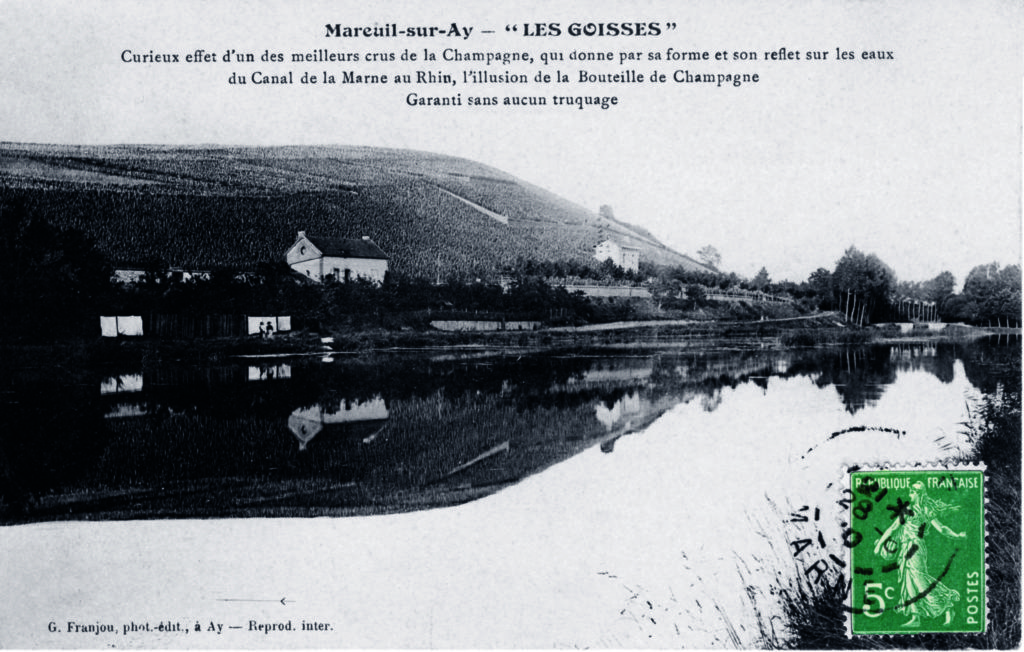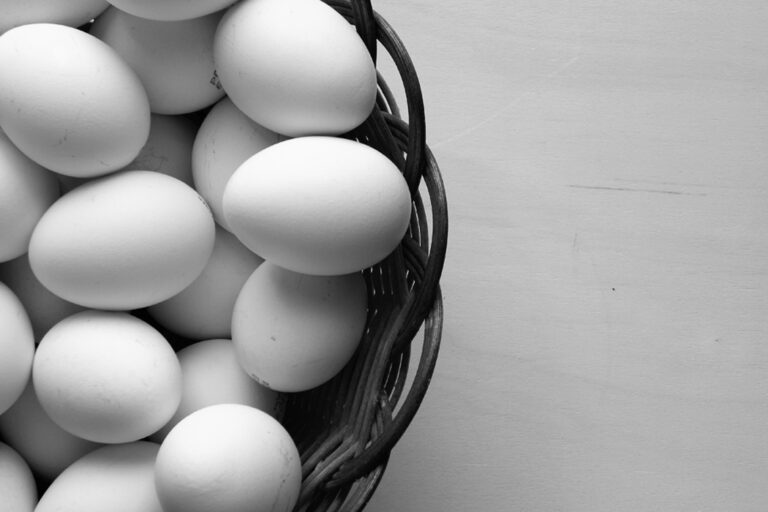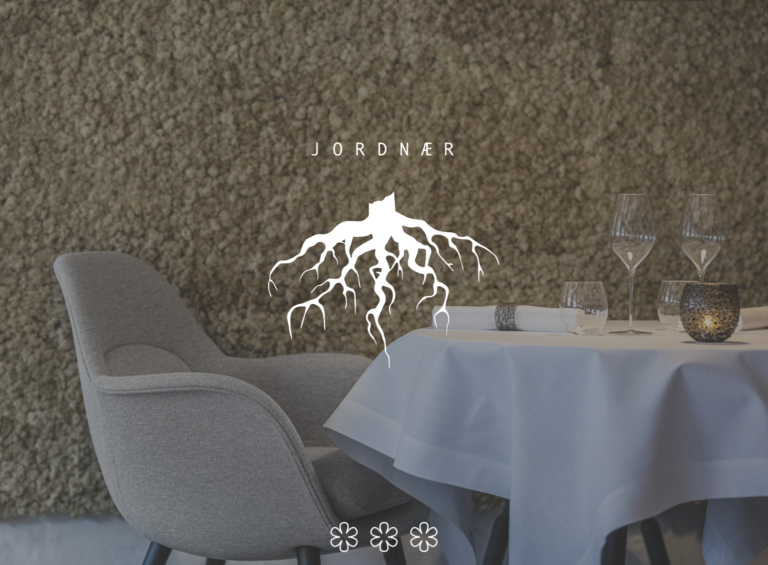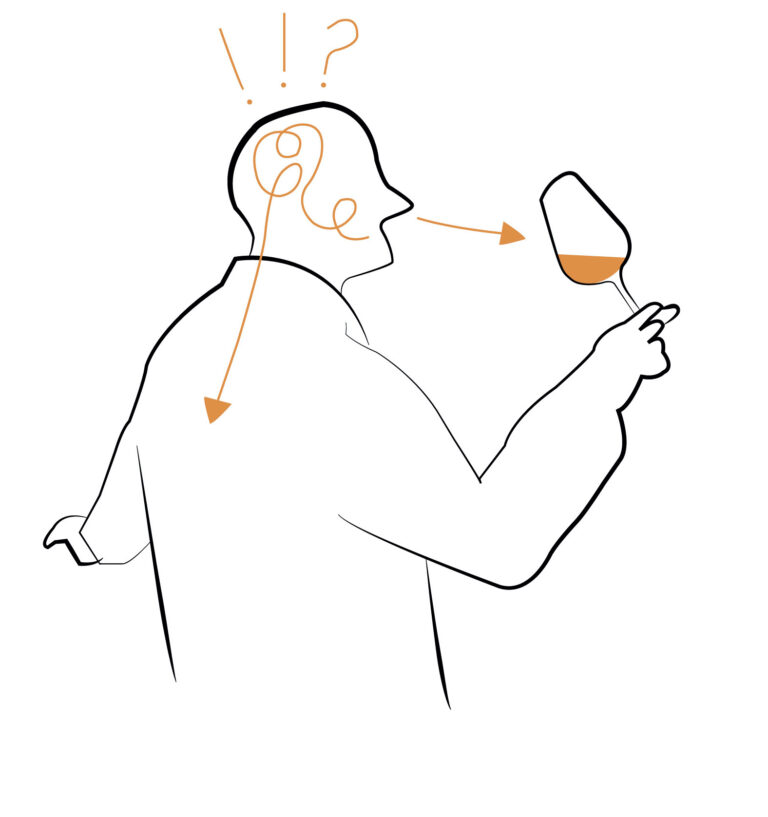An overwhelming majority of all champagne is still and will always be mixed from both grape varieties, villages and locations. On the other hand, it is quite clear that the proportion of producers who choose to make champagne from a village (monocru) or an individual location (lieu-dit) is increasing avalanche-like, as is the interest in these terroir-driven burgundy-inspired creations. Read Richard Juhlins ideas on the topic.
Estimated reading time: 6 minutes

When the Salon became famous as early as the 1920s, they were the only ones to make wine from a location (initially it was only from a location in Le Mesnil-sûr-Oger that was included in the wine) and when the Philipponnat made its first ‘Clos des Goisses’ In 1935 this was seen as pure curiosity. However, both of these wines had in common that although ‘Clos des Goisses’ was strongly dominated by pinot noir and Salon has always been a blanc de blancs, they were extremely storable. In addition, the quality was such that none of the most ardent cuvée advocates were left untouched by these personalities.
‘We do not make this wine [Clos des Goisses]. It practically makes itself. The parcel is so perfect that nearly anybody would succeed‘
Charles Philipponnat
Subscribe for 5.9€ a month for full access to the Tasting Library, exclusive articles, videos events and more





